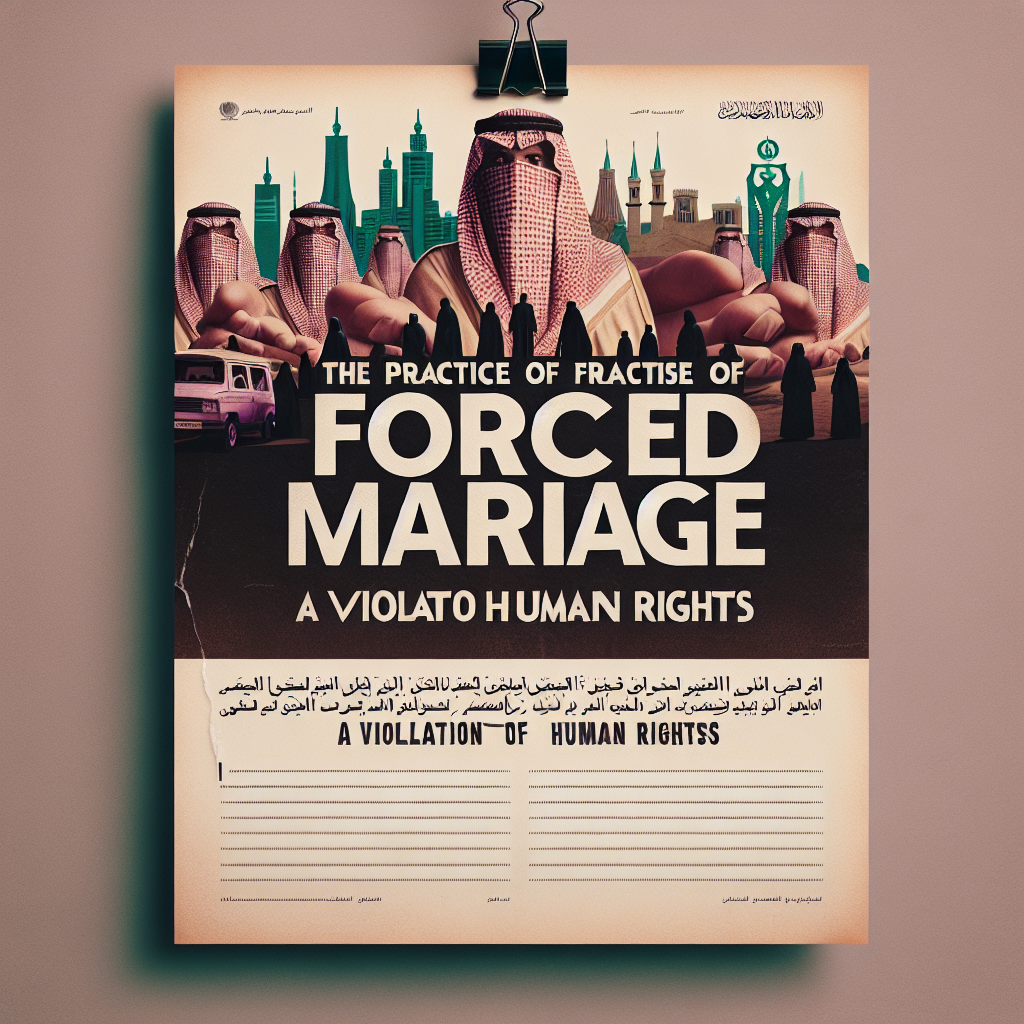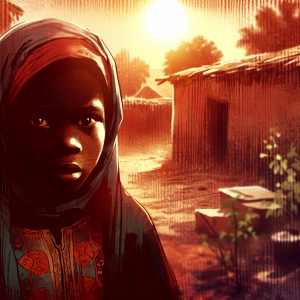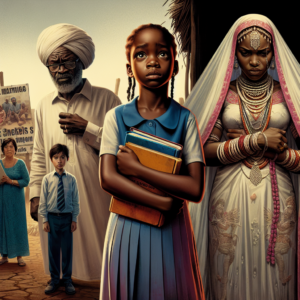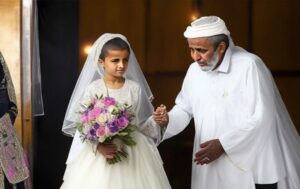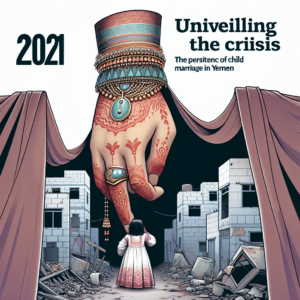In recent years, the issue of forced marriage has gained increased attention in Saudi Arabia. This practice, which often involves young girls being married off against their will, is a clear violation of human rights. Despite efforts to combat this harmful tradition, forced marriage continues to be a prevalent issue in Saudi society. In this article, we will explore the practice of forced marriage in Saudi Arabia and the implications it has on the individuals involved.
The Practice of Forced Marriage in Saudi Arabia
Forced marriage, also known as arranged marriage, is a practice where one or both parties are married without their consent or against their will. In Saudi Arabia, forced marriage is often used as a means of controlling women and girls, dictating their choices and limiting their freedom. This practice is rooted in cultural and societal norms that prioritize family honor and the preservation of lineage over individual rights.
One of the key factors contributing to forced marriage in Saudi Arabia is the concept of guardianship, which gives male relatives significant authority over female family members. This power dynamic can lead to young girls being forced into marriage for reasons such as financial gain, preserving family reputation, or securing alliances between families. In some cases, girls as young as 12 years old are married off to much older men, leading to a multitude of physical, emotional, and psychological consequences.
The Impact on Human Rights
Forced marriage is a direct violation of human rights, particularly in terms of the rights to freedom, autonomy, and self-determination. By coercing individuals into marriage against their will, their agency and ability to make choices about their own lives are taken away. Forced marriage often results in a cycle of abuse, with individuals experiencing physical violence, emotional manipulation, and limited access to education and opportunities.
Furthermore, forced marriage perpetuates harmful gender norms and practices that contribute to the oppression of women and girls. It reinforces the idea that females are property to be controlled and disposed of at the discretion of male relatives. This not only denies women and girls their fundamental human rights, but also perpetuates cycles of violence and discrimination within society.
Efforts to Combat Forced Marriage
In recent years, there have been increasing efforts to combat forced marriage in Saudi Arabia. The government has implemented legal reforms aimed at protecting the rights of women and girls, including raising the legal age of marriage to 18 and establishing stricter penalties for those who force individuals into marriage. Additionally, awareness campaigns and educational initiatives have been launched to educate the public about the harmful effects of forced marriage and empower individuals to stand up against this practice.
However, despite these efforts, forced marriage continues to be a pervasive issue in Saudi society. Deep-rooted cultural norms, lack of enforcement of existing laws, and societal pressure often make it difficult for individuals to challenge or escape forced marriages. More must be done to address the root causes of forced marriage and provide support and resources for those who are at risk or have experienced this harmful practice.
Quotes on Forced Marriage
As famous writer and activist Malala Yousafzai once said, “I raise up my voice—not so I can shout, but so that those without a voice can be heard. We cannot succeed when half of us are held back.” Forced marriage silences the voices and stifles the dreams of women and girls, denying them the opportunity to reach their full potential and live a life of their choosing.
Similarly, Pulitzer Prize-winning author Alice Walker once wrote, “The most common way people give up their power is by thinking they don’t have any.” Forced marriage strips individuals of their power and agency, leaving them feeling helpless and trapped in situations that they did not choose. It is essential for individuals and communities to recognize the harm of forced marriage and take action to protect the rights and dignity of all individuals.
Conclusion
Forced marriage in Saudi Arabia is a violation of human rights that perpetuates harmful gender norms and practices. It is essential for individuals, communities, and governments to work together to combat this harmful practice, protect the rights of women and girls, and create a society where individuals are free to make choices about their own lives. By raising awareness, advocating for legal reforms, and providing support for those at risk, we can help put an end to forced marriage and ensure the fundamental human rights of all individuals are upheld.



